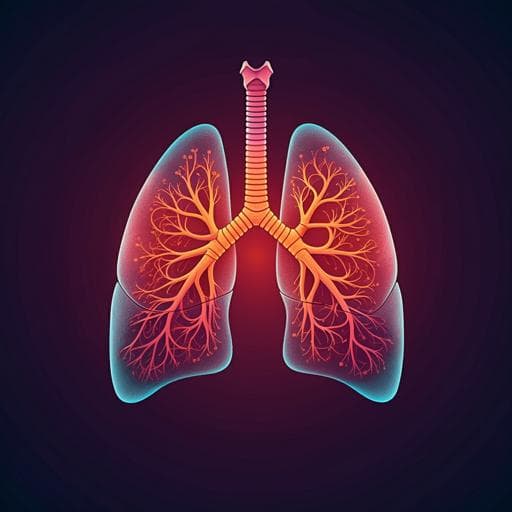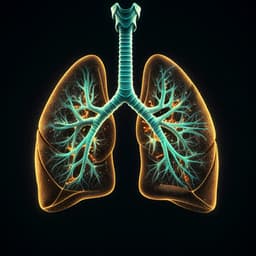
Medicine and Health
Association between pretreatment emotional distress and immune checkpoint inhibitor response in non-small-cell lung cancer
Y. Zeng, C. Hu, et al.
This prospective observational study by Yue Zeng and colleagues explores how pretreatment emotional distress affects the immune checkpoint inhibitor response in advanced non-small-cell lung cancer patients. Findings reveal that emotional distress is linked to significantly poorer clinical outcomes, emphasizing the critical need for addressing mental health in cancer care.
Related Publications
Explore these studies to deepen your understanding of the subject.







